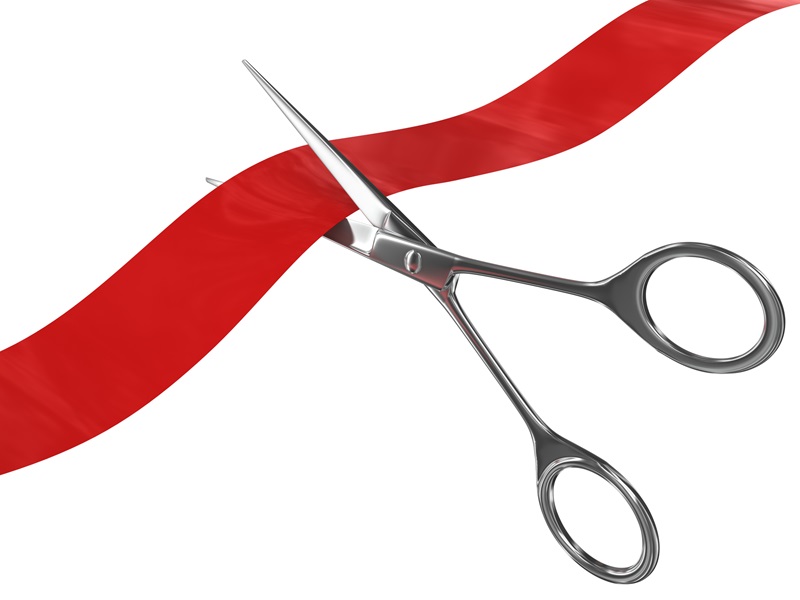P&C industry urges changes to adjusters licensing

After four consecutive NatCat events in one month resulted in more than 228,000 claims, Canada’s property and casualty insurance industry is urging the its regulators to change how adjusters are licensed in the country.
“The ability to rapidly deploy adjusters is an increasingly vital component of insurers’ claims response,” says an open letter sent by a P&C insurance industry coalition to Canada’s two main insurance regulators, the Canadian Insurance Services Regulatory Organizations (CISRO) and Canadian Council of Insurance Regulators (CCIR).
“[Our] coalition has been calling on Canada’s regulators to work together to establish a licensing reciprocity regime — meaning if an adjuster is licensed in one province, their licence is recognized across the country,” the letter says. “As it stands, each Canadian jurisdiction has its own rules and requirements for adjusters.
“There is simply no reasonable public policy rationale justifying this type of fragmented approach to licensing.”
The coalition includes Insurance Bureau of Canada, the Canadian Association of Mutual Insurance Companies, the Canadian Insurance Claims Managers Association, the Canadian Independent Adjusters’ Association, the Insurance Brokers Association of Canada, the Canadian Association of Direct Relationship Insurers, and the Omnia Adjusters Cooperative.
The industry has long been calling for a more streamlined licensing process for insurance adjusters. For some previous Canadian NatCats, insurers and independent adjusting firms have, at times, relied upon the United States’ adjusters because the licensing process in Canada makes it too slow to move adjusters from one province to another.
And a well-documented labour shortage in both the P&C and restoration contracting industries isn’t helping matters at all. Adjusters are among the most sought-after industry professionals in the country, according to the Insurance Institute of Canada’s Demographic Research, which surveyed P&C insurance industry HR professionals.
After flooding from Tropical Storm Beryl in Ontario caused more than $940 million in insured damage in July, the province’s insurance regulator, the Financial Services Regulatory Authority (FSRA), temporarily allowed licensed adjusting firms to use claims adjusters licensed outside of Ontario. It also allowed Ontario insurers to use the services of employees of affiliated insurers.
These temporary measures will be in effect until Oct. 31, 2024.
In other news: Devil in the details: Rebuilding Jasper
As far back as 2017, the Atlantic Superintendents of Insurance recognized harmonizing the approach for moving short-term independent adjusters — enabling them to practice in the Atlantic region quickly — was in the best interests of the industry and the consumer.
At that time, the Atlantic provinces agreed on common licensing protocols to quickly permit adjusting capacity in the region in times of severe weather or catastrophic events. Effective in March 2017, the protocols allowed for a licence of up to 60 days and allowance for pre-approvals pending severe weather, among other things.
In their September 2024 open letter, P&C insurance industry coalition members said these temporary measures are appreciated, but they come with limitations.
“While the recent post-Cat allowances made by regulators are welcome, they are an imperfect solution,” the coalition says. “These measures are characterized by limited entry periods and at times onerous application and reporting requirements, and of course, a reliance on regulators to introduce measures in times of need — and to introduce those measures in a timely fashion.
“Even with an expedited process, hundreds of applications can still take weeks to process, delaying the claims progression and frustrating disaster victims.”
Back in 2018, the Canadian Independent Adjusters’ Association (CIAA) approached CISRO with a proposal for a “national emergency licensing protocol” to address mobility issues facing independent adjusters in Canada.
It also proposed a national licensing qualification, a longer-term solution that would require legislative changes to Insurance Acts in jurisdictions where the regulator is a Superintendent of Insurance.
It is unclear what’s happened to that proposal, or if it is still under consideration.
With files from Jason Contant and Alyssa Di Sabatino
Feature image courtesy of iStock.com/alexsl







